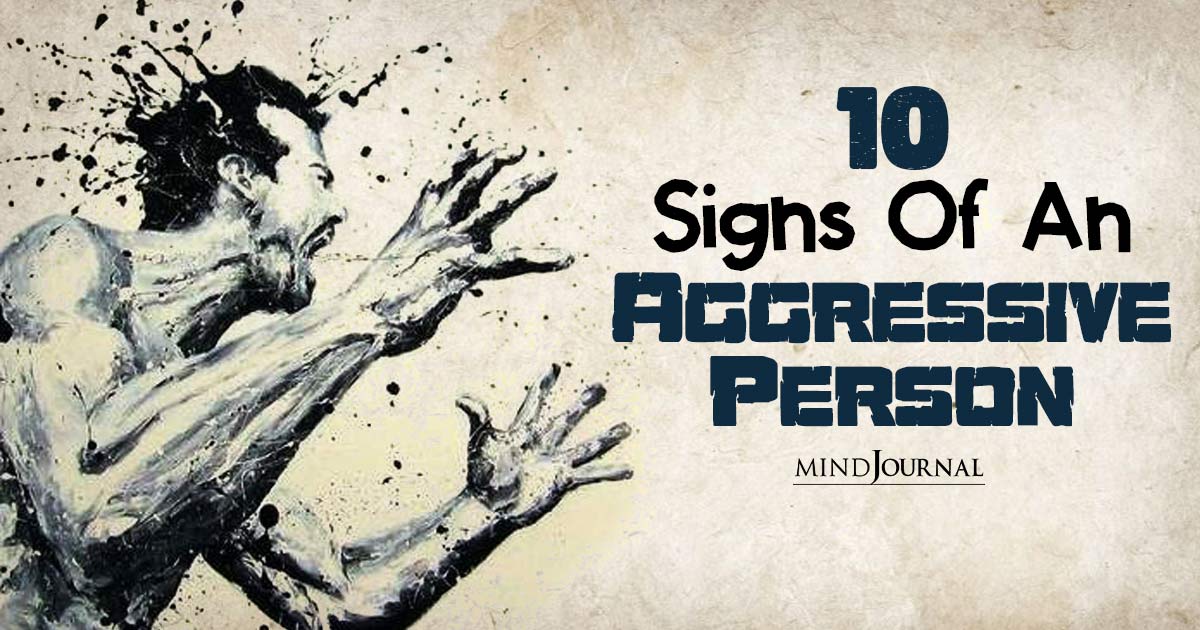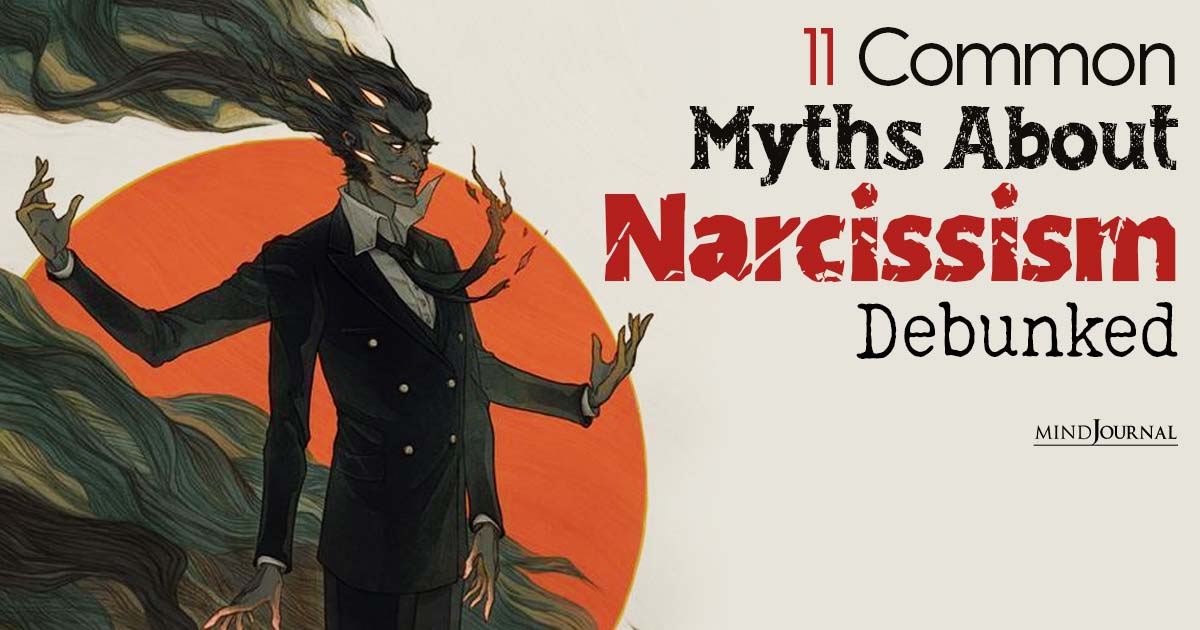Splitting is what happens when someone is confused about themselves and other persons as this person is used to seeing relationships in either black or white. This is what splitting is all about, there is no greyscale and no in-betweens. But how does this turn out to be when the same person is in a relationship?
How can lovers feel both love and hate in the same week or even hour or be devoted for years and then cut off all good memories? This is a manifestation of the defense called splitting, first coined by renowned psychoanalyst Sigmund Freud.
It starts in infancy. To separate from our mother (or primary caretaker), we must make sense of contradictory feelings of love and anger toward her to develop a cohesive view (“object constancy”) of her and ourselves, meaning that we internalize steady images of our mother and ourselves.
When mothering isn’t sufficiently nurturing and consistent, we’re unable to integrate good and bad feelings about her. To cope, we mentally split the good and bad mother into two contrary representations. Splitting keeps the “good” and loved aspects of our mother separate from the “bad” and hated aspects of her.
Hyde Becomes Jekyll and Jekyll Becomes Hyde

Splitting affects us internally and confuses us. It impairs our ability to see ourselves and others as whole persons. When don’t fully develop object constancy, our ability to become autonomous is compromised. It creates turmoil in close relationships and is associated with an anxious attachment style and fears of abandonment.
Splitting impairs our ability to remember that we love our partner when we’re angry or, conversely, that our partner is abusive when we feel close.
Related: Understanding The Fear Of Abandonment And Object Constancy
For example, A client, I’ll call Wendy, grew up in chaos with a drug addict mother, who sometimes was on the verge of death. Since her mother’s parenting was so insufficient, Wendy struggled to accept herself and her long-term partner as good enough. Although occasionally he was emotionally distant, he was helpful and there for her most all the time, including when she had a serious illness.
When he went grocery shopping and forgot something, she flew into a rage, thinking, “How can I rely on and trust this man who can’t remember the three things I needed!” Beneath her anger were her deep fears of abandonment stemming from the insecure and abandoning relationship with her mother.
When Wendy’s childhood fears were triggered, she could not recall that her partner loved and took care of her. Her lack of object constancy resulted in splitting. She only saw him as flawed and untrustworthy. Fortunately, with therapy, she was able to understand her overreaction and quickly reconnect with the man she loved in the present.
Splitting contributes to idealization and devaluation. Then you react to your projection rather than reality. Wendy projected her mother on her mate and reacted to her projection. Someone else might take impulsive action, such as breaking up or cheating, all the while denying the ensuing heartache stemming from their love and need for their partner.
I’ve treated men in my therapy practice who have mixed feelings toward their mother and project their negative feelings on their wives. This sets them up to fall in love with another woman who they initially idealize. When reality sets in, they have difficulty divorcing and facing the loss of their wife to whom, they then realize, they’re devoted.
Conversely, you may deny or forget about abuse when your partner is flattering or apologetic. This happens with partners of addicts and abusers who long to be loved and told so. They go into denial about the abuse, believe in broken promises to reform, and/or accept crumbs from their partner just to hear those three little words.
Related: Difference Between Borderline Personality Disorder and Narcissistic Personality Disorder
They claim to love Dr. Jekyll and hate Mr. Hyde but don’t see that their partner as one and the same. They, too, suffer from splitting due to unresolved inner conflicts about their relationship with one or both parents.
Spitting During Dating
Splitting wreaks havoc during dating, when couples naturally tend to idealize their partners and don’t know each other well. Their anxiety feeds The Dance of Intimacy. Between dates, you may not be able to recall your partner’s positive or negative traits. If you have an anxious attachment, you may imagine your girlfriend is losing interest or that your boyfriend is flirting. You feel compelled to frequently text or seek reassurance.
Not only is it difficult to stay emotionally connected to your partner when apart, but you may also conjure up negative characterizations that are abusive, ungratifying, or abandoning, which feel very real until you talk or see each other again. Then you realize it was all in your mind as you struggle to differentiate the present from your unhealed past. (To complicate matters, it may also be true, but splitting confuses you.)
Related: Structural Dissociation: How Complex Trauma Causes A Split In Our Being
What You Can Do
- When triggered, write about your feelings and track them back to your childhood.
- Make a list of facts about your partner to help you stay in the present.
- Review the denial checklist.
- Trust the objective views of friends.
- Get therapy to heal your past.
- If your partner is generally a caring, reliable person, but you’re haunted by shadows from your past, actively visualize and feel grateful for all the positive he or she brings to your life. Relive positive loving memories.
- If your partner is abusive, catalog the violations to remind yourself. When Dr. Jekyll shows up, don’t be swayed only by words, but look for respect for your needs and feelings.
© Darlene Lancer 2021
1. Rubens, R. L. (1996). “The unique origins of Fairbairn’s Theories.” Psychoanalytic Dialogues: The International Journal of Relational Perspectives. 6(3): 413–435.
2. D.K. Lapsky, J. Edgerton. (2002). “Separation-Individualization, Adult Attachment Style, and College Adjustment.” Journal of Counseling & Development. Vol. 80:484–492.
Written By: Darlene Lancer Originally Appeared On: What Is Codependency









Leave a Reply
You must be logged in to post a comment.